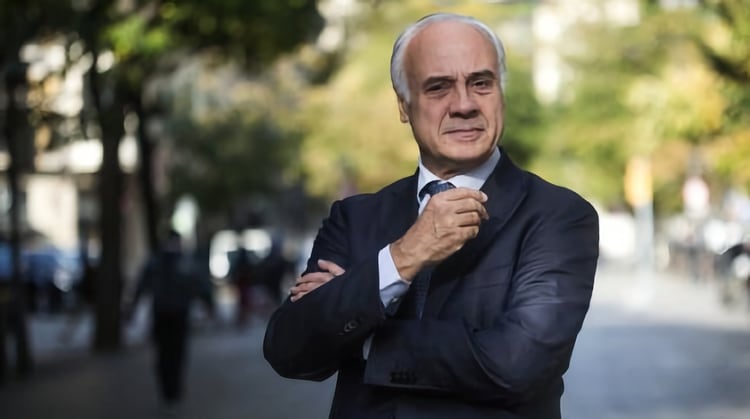Luis Ayllón
The Spanish Government has been waiting for five months for the Indian authorities to grant the diplomat Juan Antonio March the approval to be named the new ambassador of Spain in India, as diplomatic sources confirmed to The Diplomat.
The time that has elapsed since the plea request – made in mid-January and reported by The Diplomat – is unusually long between two countries that do not maintain any type of bilateral disagreement and, according to the sources consulted, it could be due to the wishes of the Narendra Modi Government to express in some way that they are not very enthusiastic about the figure of March and that they would have preferred another person for the position.
The same sources acknowledged that the fact that India is immersed in elections that have a very complex system and that do not conclude until June 4, may also influence the delay. However, some ambassadors from other European countries whose approval had been requested later have already obtained it.
In any case, the sources consulted believe that the granting of the agreement may be a matter of a few dates, and that March may be appointed ambassador in New Delhi in a future Council of Ministers. He will replace José María Ridao in the position, who, in December of last year, had asked the Minister of Foreign Affairs, José Manuel Albares, to leave the position, for which he had been appointed in July 2021.
Juan Antonio March is considered very close to the former President of the Government José Luis Rodríguez Zapatero and the former Minister of Foreign Affairs Miguel Ángel Moratinos, who would have apparently expressed interest to the Indian authorities about the delay in granting the agreement.
The one who will be the new ambassador in India is from Barcelona, he is 66 years old and entered the Diplomatic Career in 1987, from which he has been absent for the last 13 years. His last diplomatic position was that of Spanish ambassador to Russia, where he was between 2007 and 2011, until the arrival of the PP. Previously he was, among other things, ambassador, permanent representative of Spain to the United Nations Office and International Organizations, in Geneva; and general director of the Ibero-American Cooperation Institute, in addition to having been stationed at the Spanish Embassies in Rome. London and Mexico, among other positions.
After leaving the Embassy in Moscow, Juan Antonio March joined the Onuart Foundation, where he served as President, after having combined his position as ambassador in Russia for some time with the vice-presidency of the aforementioned foundation, whose objectives include promoting the presence of Spanish art in international organizations.
Juan Antonio March was, from his position as permanent representative of Spain to the United Nations in Geneva, the main architect of the construction of the Dome by the Spanish painter Miquel Barceló in Room XX of the UN Palace of Nations in that Swiss town, later renamed as ”Human Rights Chamber”.
Backed by the then Minister Moratinos, March offered to the United Nations authorities that Spain take charge of the renovation of the aforementioned room, today dedicated to Human Rights. The State would bear 30% of the cost of the work and the rest would be private contributions.
After accepting the offer, the Spanish Government budgeted the cost of the commission to the painter Miquel Barceló at 16.6 million euros, although in the end, that cost exceeded 20 million. The construction of the dome was surrounded by controversy, among other reasons because 500,000 euros were allocated to it from the Development Assistance Fund (FAD), something that the Government tried to justify by pointing out that the work had as its objective the promotion of the human rights and multilateralism.
In 2017, the president of the Court of Accounts at that time, Ramón Álvarez de Miranda, denounced in the Congress of Deputies irregularities in the State’s contribution to the leadership, in the years 2007 to 2011, indicating that “the contribution projected, from five million euros in 2008, was finally raised to 11.5 million due to the increase in cost and the non-compliance with financing forecasts by private entities” and that the State had to assume a much higher percentage of the cost. , due to the lack of private contributions.
The Barceló Dome was inaugurated on November 18, 2008, almost a year late than the scheduled date, and in the presence of King Juan Carlos and King Sofia; of the President of the Government, José Luis Rodríguez Zapatero; and the Secretary General of the UN, Ban Ki-Moon; and the then Turkish Prime Minister, Recep Tayip Erdogan, with whom the head of the Spanish Executive promoted the Alliance of Civilizations.







